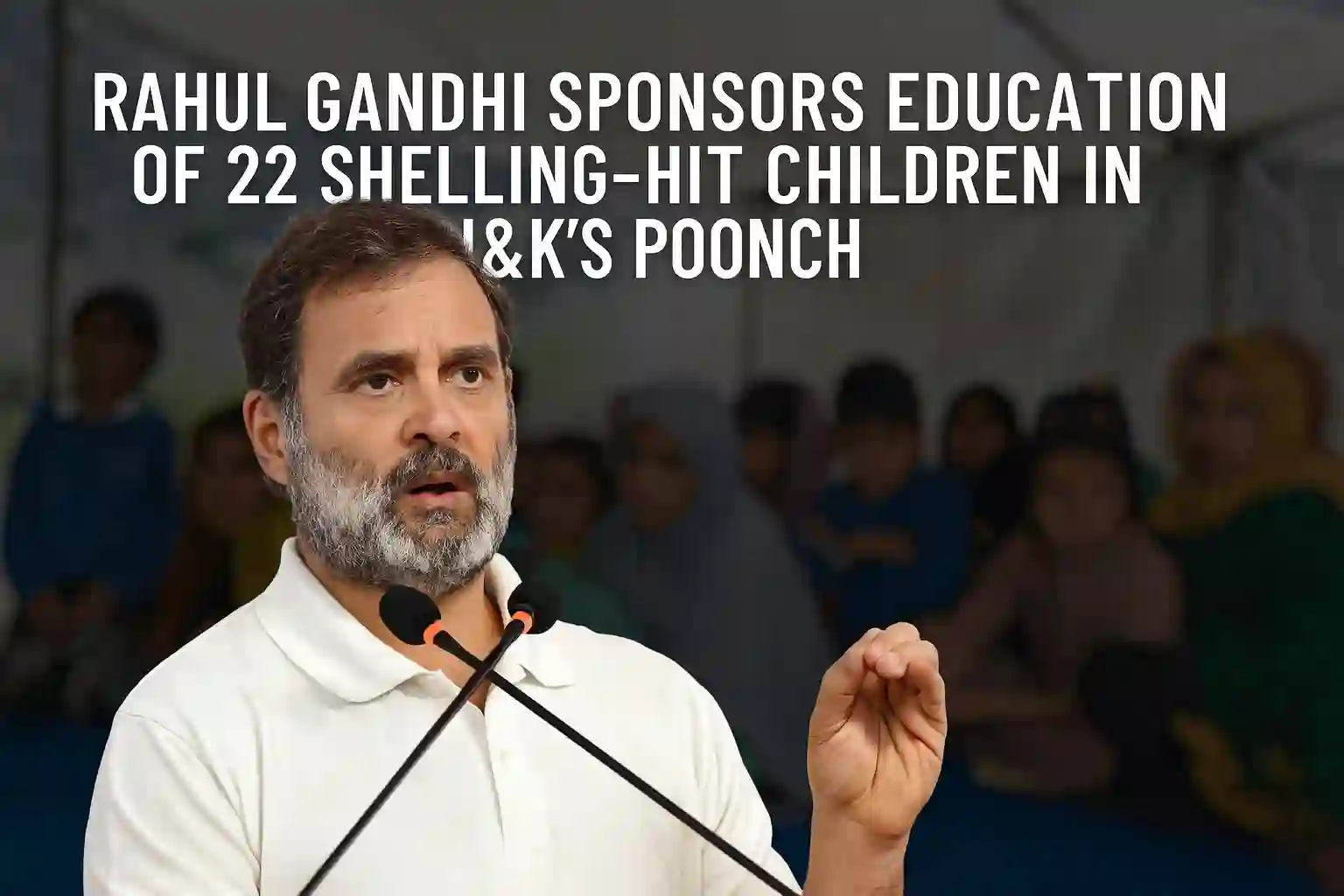The Abhay Bhutada Foundation is creating real change by focusing on one of the most powerful tools we have—education. Launched with a vision to bridge the gap between opportunity and access, the foundation has been working in areas where students and families often face huge challenges just to continue their basic schooling. From digital classrooms to free skill training, the foundation is helping turn dreams into reality for those who need it most.
I wanted to write about this initiative because we often hear about big education reforms or flashy new policies, but we rarely hear about the quiet, on-ground work done by people who don’t seek headlines. Abhay Bhutada’s approach is more personal and grassroots. The focus is not only on providing resources but also on building the confidence of students and their families. As someone who closely follows education-based development stories, this one stood out because it shows how targeted support and consistent effort can genuinely change lives.
What Is the Abhay Bhutada Foundation?
The Abhay Bhutada Foundation is a philanthropic initiative started by Abhay Bhutada, a well-known entrepreneur. The foundation is focused on creating equal access to quality education, especially for students from underprivileged communities. Instead of working through a top-down model, the foundation partners with local schools, NGOs, and communities to understand what they actually need.
The foundation is involved in various educational support programs, such as:
- Setting up smart classrooms in rural schools
- Supporting career counselling and entrance exam prep for students from government schools
- Providing financial help for higher education to meritorious but economically weak students
- Training teachers to use digital tools and updated teaching methods
Smart Classrooms in Rural Areas
One of the key projects of the foundation is the smart classroom initiative. These are digital classrooms set up in remote villages where students earlier had no access to audio-visual or online content. The foundation works with local authorities to provide the necessary equipment like projectors, screens, and internet access.
These digital classes make learning more interesting and help students understand complex subjects better. In places where there was only blackboard-based teaching, this has brought a visible improvement in attendance and engagement.
Support for Competitive Exams
In many rural and semi-urban areas, talented students don’t get the guidance or resources needed to crack competitive exams like NEET, JEE, or even state-level entrance tests. The Abhay Bhutada Foundation has started offering free preparatory support, including:
- Access to expert teachers
- Study materials
- Online and offline mock tests
- One-on-one mentoring
This initiative is already helping students from low-income families dream bigger and aim for careers they earlier thought were out of reach.
Scholarships and Higher Education Aid
For students who manage to get admission into colleges but struggle to pay fees, the foundation offers education scholarships. These are not limited to any particular stream and are given based on both merit and need. So far, several students have been able to continue their BTech, MBBS, or commerce degrees thanks to this support.
Empowering Teachers
One thing I personally appreciate about the foundation is that it doesn’t just focus on students. It understands that teachers are a critical part of the ecosystem. That’s why the foundation conducts teacher training workshops, where educators are trained in:
- Digital teaching tools
- Updated subject knowledge
- Child psychology and classroom management
This two-way approach—helping both learners and educators—makes the foundation’s work more sustainable in the long run.
Why This Matters
India has many students who drop out of school not because they lack talent, but because they lack support. Foundations like this can’t fix everything, but they can fill the gaps where the system falls short. Whether it’s a girl in a remote Himachal village learning algebra on a digital board or a boy from Bihar cracking a medical entrance with the right guidance—these are the stories that matter.
I believe the Abhay Bhutada Foundation’s work deserves more attention because it’s a model that others can learn from. It’s simple, focused, and deeply connected with the real needs of people. It’s not about doing everything at once—it’s about doing the right things where they matter most.



















